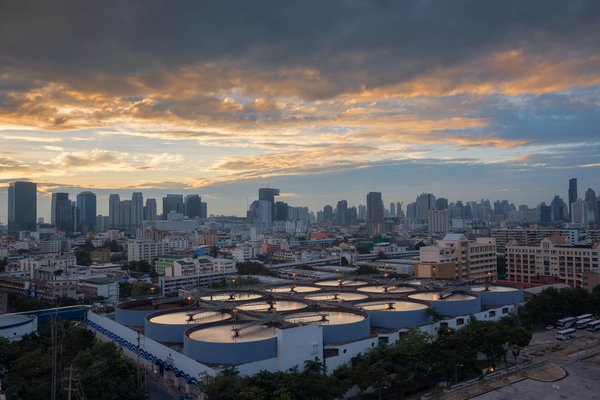Master
Within the master programme Environmental Engineering the department organises the track Water Resources Engineering.
Track Water Resources Engineering
Worldwide, water problems are increasing. Floods and droughts are following each other, while production of safe drinking water is a challenge, due to all kind of pollutions. Ground water resources are getting depleted and with current water extraction, major cities in the world are without safe water within this century. At the same time, new contaminants of emerging concern, such as antibiotic resistance, PFAS and pharmaceuticals are difficult to remove in wastewater treatment plants, polluting fresh water sources, needed for irrigation and drinking water production. At the same time, technologies are developed for (decentralised) water reuse, and recovery of other important resources from wastewater, such as energy and nutrients. Industries aim to recover every drop of water within their process.
In this track you will acquire the knowledge and develop the skills needed to address these challenges. You will learn to develop engineering solutions and adaptation strategies to ensure safe water access and proper sanitation and to prevent or minimize freshwater scarcity, water pollution and flooding. You can study the hydrological cycle, prevent urban flooding, find solutions for water shortage or develop new technologies for water treatment and transport.
You will learn more about the urban and rural water cycle, including rainfall, groundwater, surface water, urban drainage, municipal sewage, drinking and industrial water supply. In addition, the track addresses the prevention, assessment and mitigation of possible negative impacts of water engineering interventions on the environment and human wellbeing, including quantification methods for risk assessment
